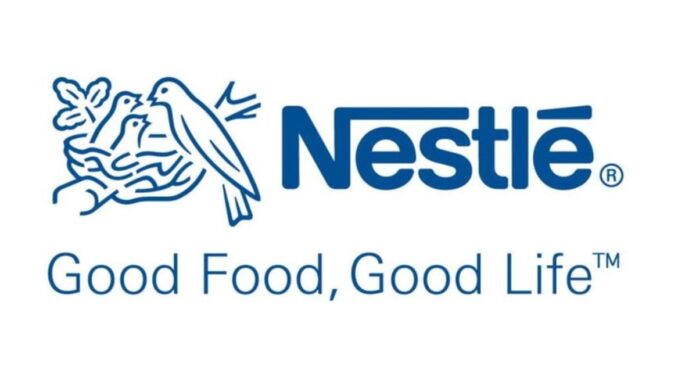Nestlé India on Friday reported a 6.2% year-on-year (y-o-y) increase in standalone net profit to Rs 696.1 crore for the October-December quarter, falling short of street estimates due to weak urban consumption and high inflation. The Bloomberg consensus estimate had pegged net profit at Rs 722 crore.
Revenue from operations also missed expectations, coming in at Rs 4,779.7 crore, compared to an estimated Rs 4,797 crore. However, revenue grew 3.8% y-o-y, up from Rs 4,600.4 crore in Q3FY24.
The company’s Ebitda stood at Rs 1,103 crore in Q3FY25, slightly above estimates but was flat year-on-year as compared to Rs 1,113 crore in same period last year.
Ebitda margin contracted by 120 basis points (bps) to 23%, mainly due to higher coffee and cocoa prices.
Total sales grew by 3.9%, driven largely by strong exports, while domestic sales increased by 3.3%.
“It was a quarter marked by food inflation and moderation in urban consumption, with gradual recovery in rural demand,” said Suresh Narayanan, chairman and managing director, Nestlé India.
Narayanan stated that three out of four product categories posted healthy growth, supported by pricing and volume gainsPrepared dishes & cooking aids, powdered & liquid beverages, and milk products & nutrition performed well. Confectionery (including KitKat and Munch) saw lower growth.
FMCG majors, including Nestlé, Marico and HUL, have reported flat or lower margins due to rising costs of palm oil, coffee, and cocoa. For Nestlé India, issue has been worsened by a slowdown in urban demand due to slow wage growth, as a majority of its consumer base is urban.
To counteract this slowdown, Nestlé has implemented price hikes in its coffee and chocolate segments. Additionally, it is expanding its rural presence under its ‘RUrban’ strategy.
“This is an essential element of the ‘penetration-led growth’ strategy and has contributed significantly to expanding our distribution reach,” Narayanan said.
Nestlé India is also focusing on premiumisation to enhance revenue. For instance, it has launched premium versions of Nescafe under the name Nescafe Roastery. This is delivering good returns to the company. It is also introducing premium versions of KitKat and Maggi.
“Maggi, beverages and premiumisation led to a growth in retail business,” the company said.
According to analysts, the worst may be over for FMCG companies.
» Read More


